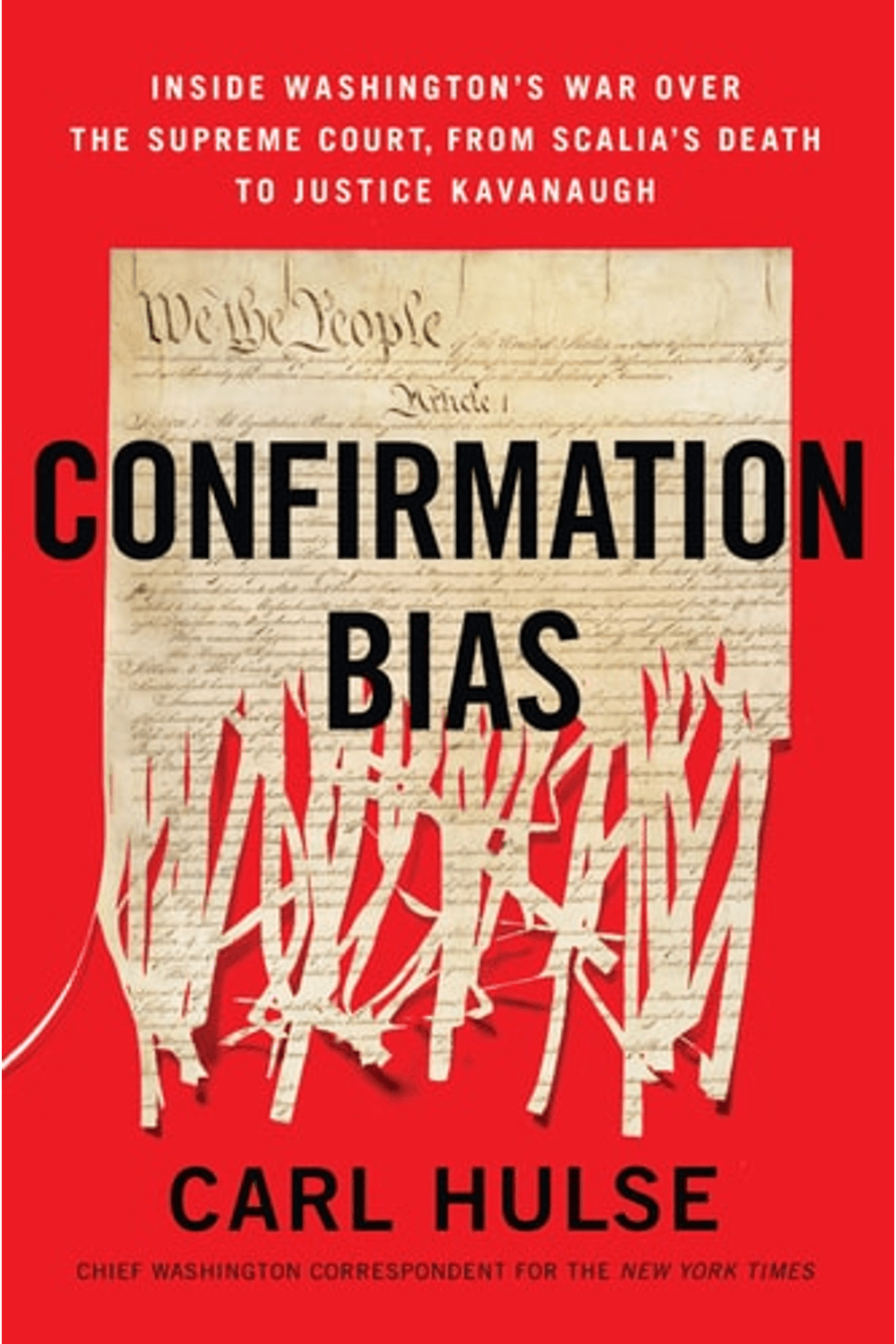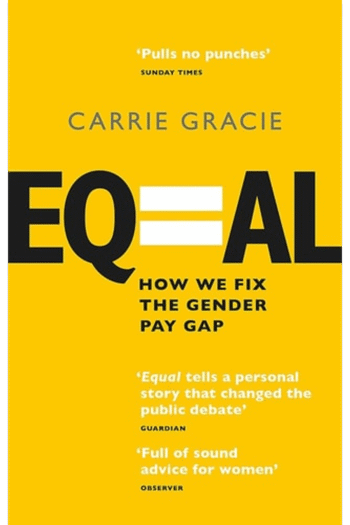“Confirmation Bias: How the Fight Over Scalia’s Seat Changed America,” penned by Carl Hulse of *The New York Times*, dissects the intense political warfare that followed Justice Antonin Scalia’s death. This paperback reprint delves into Mitch McConnell’s unprecedented blockade of Merrick Garland, Obama’s nominee, and its ripple effects on the Supreme Court and the 2016 election. Hulse doesn’t just recount events; he analyzes how this pivotal moment fueled polarization, paving the way for Trump’s appointments of Gorsuch and Kavanaugh and fundamentally reshaping the judiciary. Expect a sharp, insightful look at power, partisanship, and the enduring consequences for American democracy. This 336 page book, published in 2020 by HarperPb is a must-read for those seeking to understand modern American political dysfunction.
CONFIRMATION BIAS
22,69 $
In stock
From the chief Washington correspondent for the New York Times, a richly detailed, news-breaking look at the unprecedented political fight over Antonin Scalias Supreme Court vacancy and the seemingly irreversible dysfunction it triggered across all three branches in the nations capital, ultimately delivering us Trump, Gorsuch, and Kavanaugh–updated with a new preface.
The embodiment of American conservative thought and jurisprudence, Antonin Scalia cast an expansive shadow over the Supreme Court for three decades. His death at a Texas hunting resort in February 2016 created a dilemma for Republican leadership faced with the prospect of yet another Obama Supreme Court nominee, this time one who could tip the ideological balance of the court and alter the course of American history.
In Confirmation Bias, Carl Hulse tells an exclusive account of the rush of events following Scalias death, including Mitch McConnells extraordinary snap decision to deny President Obamas nominee so much as a hearing, let alone a vote. The author recounts the unsuccessful Democratic effort to break the Republican blockade on behalf of Merrick Garland, a failure that allowed Donald Trump to exploit the vacancy to entice evangelicals and other leery Republicans to rally support and deliver him the presidency.
Newly empowered, Trump and his White House counsel Donald F. McGahn II moved quickly to install Neil Gorsuch on the court. The plan from the start was to have a second judge with a Republican pedigreeBrett Kavanaughjoin Gorsuch at the first opportunity in order to cement a majority conservative bloc. Aided by McConnell and the willingness of Republicans to bend Senate practices, the new administration set out to remake not only the Supreme Court, but the lower courts as well, further roiling the Senate and threatening public confidence in the federal judiciary.
With unrivaled access to figures on both sides of the aisle, Hulse revisits the judicial wars of the past twenty years to show how those conflicts have led to our current polarization and resulted in not one but two Trump-nominated conservative justices who could be serving for decades. Confirmation Bias is a prodigious look inside the bitter judicial politics that have torn apart the Senate and transformed the modern Supreme Court from an institution that is supposed to rise above partisanship into one that is increasingly an extension of it. History will show, argues Hulse, that Scalias death and the ugly battles fought in its wake represent an inflection point in American politics, changing the trajectory of three vital arms of our governmentthe Senate, the presidency, and the Supreme Courtin ways McConnell could not have envisioned that night in 2016.
Related products
Equal
32,85 $Shake Hands with the Devil
19,81 $
- Additional information
- Currencies
- USD – United States dollar
- EUR – Euro
- GBP – Pound sterling
- CNY – Chinese yuan
- BRL – Brazilian real
- MXN – Mexican peso
- JPY – Japanese yen
- PHP – Philippine peso
- THB – Thai baht
- PLN – Polish złoty
- CAD – Canadian dollar
- MYR – Malaysian ringgit
- AUD – Australian dollar
- TWD – New Taiwan dollar
- CZK – Czech koruna
- SEK – Swedish krona
- HUF – Hungarian forint
- ILS – Israeli new shekel
- CHF – Swiss franc
- HKD – Hong Kong dollar
- DKK – Danish krone
- SGD – Singapore dollar
- NOK – Norwegian krone
- NZD – New Zealand dollar





